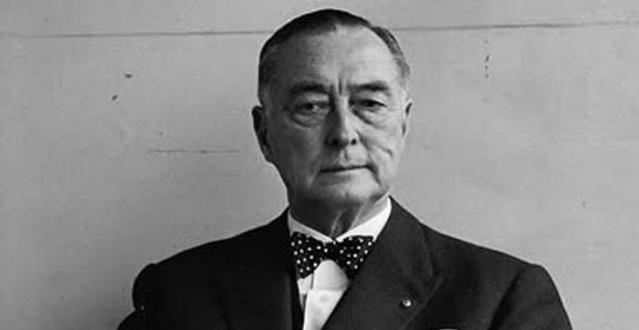A 1930s European Union?
A 1930s European Union?
The Pan-European movement, founded in 1923 by Austrian count Kalegri, had the intent of grouping the diverse nations of Europe into a single federalised state. Kalegri stated; 'Europe as a political concept does not exist. This part of the world includes nations and states installed in the chaos, in a barrel of gunpowder of international conflicts, in a field of future conflicts. This is the European Question: the mutual hate of the Europeans... The European Question will only be solved by means of the union of Europe's nations... The biggest obstacle to the accomplishment of the United States of Europe is the one thousand years old rivalry between the two most populated nations of Pan-Europe: Germany and France'.
This was a pioneering concept but did not achieve popular support until the Locarno Spirit of compromise and reconciliation swept throughout the continent, following the signature of the Locarno Treaties by Germany and her neighbours.
The foremost supporter of this conception was French Prime Minister Briand, not only did he uphold these ideals, but saw them as paramount to future French security. Like his successors in the 1950s, he came to the conclusion that Germany could only be peacefully contained by a European federation, including a customs union and a common currency - the basis of the modern day EU. In a famous address to the League of Nations in 1929, he stated; "I believe that a sort of federal bond should exist between the nations geographically gathered as Europe countries; these nations should, at any moment, have the possibility of establishing contact, of discussing their interests, of adopting common resolutions, of creating amongst themselves a bond of solidarity that allows them, on suitable occasions, to face up to serious circumstances, in case they arise.
Stresemann, the German foreign minister reacted favourably to Briand's proposition, and urged further links between European states. However, by the time Briand submitted 'A Memorandum on the organisation of a system of European Federal Union', the economic and political status quo in Europe had drastically changed with the Great Depression, as countries introduced protectionist measures to safeguard their own national economies.

Comments
Post a Comment